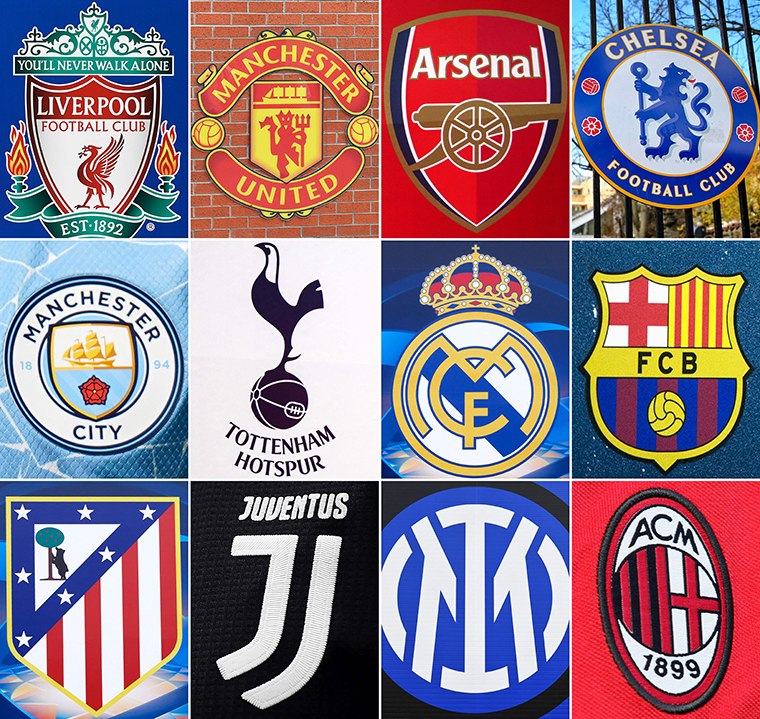The European Super League project received a fresh start after a two-year hiatus when the European Court of Justice upheld UEFA’s ban.
A22, the league’s promoter, proposed launching a “new European open competition” with “64 clubs.”
The updated plans, unveiled last Thursday, call for splitting the 64 teams into three different leagues.
The first tier, known as the Stars League, will have 16 clubs split into two groups of eight clubs each.
The second tier, known as the Golden League, will also feature 16 clubs divided into two groups of eight, while the third tier, the Blue League, will feature 32 clubs in four groups of eight.
As A22 CEO Bernd Reichart stated, “Sportsmanship will determine participation.” Teams will continue to play in local leagues, and no clubs will remain participating indefinitely.
According to the proposal, each team would play 14 games prior to the knockout stages.
In addition, A22 declared that it would give other European teams solidarity payments totalling at least $439 million—more than twice the amount that UEFA currently gives out.
A22 further stated that they will use criteria of performance and transparency to choose the clubs for the inaugural season.
The matches are scheduled for midweek when the current Champions League and other European Union competitions are held.
British Opposition
Nevertheless, opposition to the project started to surface once more, and the spokesperson for the British government stated, “Shortly we plan to adopt legislation that forbids clubs from participating in the Super League or any other comparable competition outside the European Union.”
The project will suffer a significant setback due to the new British law, which forbids English Premier League clubs from participating in European competitions that are not under UEFA’s jurisdiction, even if the courts find them lawful.
This law will also give the regulating body the authority to revoke a club’s licence if it decides to compete in events that UEFA doesn’t approve.
